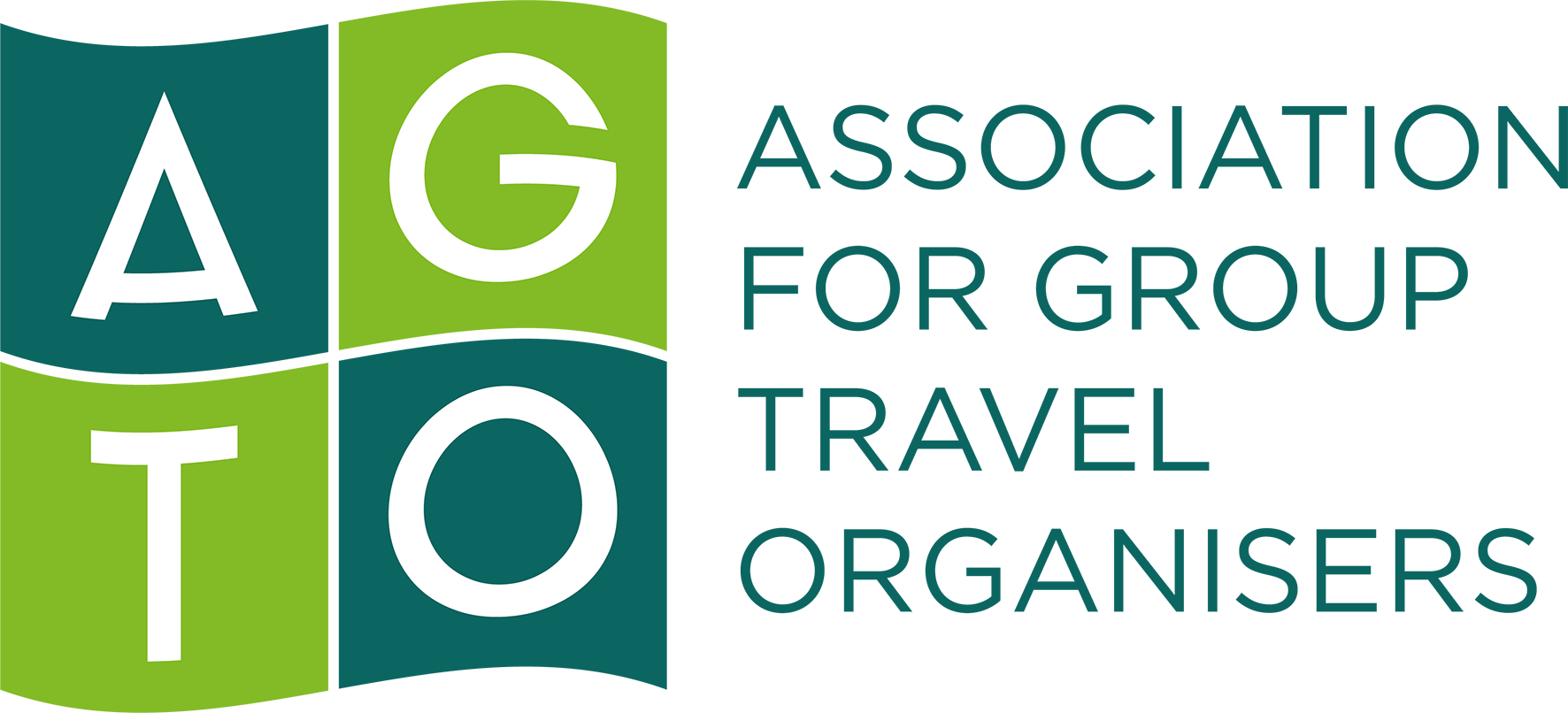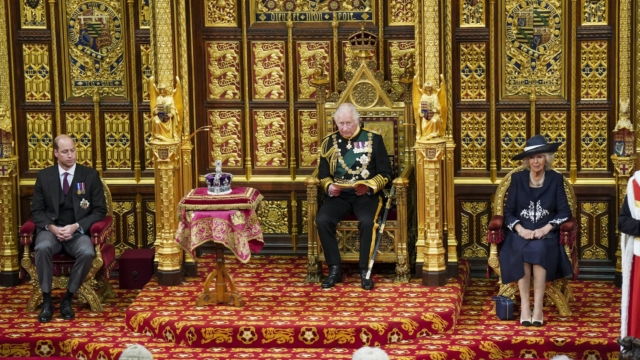Attached a copy of the lobby pack that supports the Queen’s speech. Here are some…
COVID-19 Update 7th January 2021
- Pre departure Testing
The Government has announced that all people travelling to the UK will have to undertake Pre-departure testing. The key points of the announcement are:
-
- All international arrivals to England, including UK nationals, are required to present a negative COVID-19 test taken up to 72 hours prior to departure
- Passengers will be subject to an immediate fine of £500 if they fail to comply with the new regulations on pre-departure testing
- All passengers arriving from countries not on the government’s travel corridor list will still be required to self-isolate for 10 days, regardless of test result
- Passengers will still be required to fill in a passenger locator form and be subject to national lockdown restrictions
- There will be a limited number of exemptions, including for hauliers, children under 11, crews and for those who travelling from countries without the infrastructure available to deliver the tests
https://www.gov.uk/government/news/mandatory-covid-19-testing-introduced-to-bolster-border-measures
- Updated Visitor Economy Guidance
The primary guidance for businesses in the Visit Economy Sector has been updated in line with the new lockdown legislation which consolidates and provides some more detail to previous guidance. The main parts are:
- Business required to close are:
- indoor and outdoor leisure, games and recreation facilities such as bowling alleys, skating rinks, go-karting venues, indoor play and soft play centres and areas (including inflatable parks and trampolining centres), circuses, fairgrounds, funfairs, water parks and theme parks, animal attractions (such as zoos, safari parks, aquariums, and wildlife centres).
- indoor attractions at venues such as botanical gardens, heritage homes and landmarks must also close, though outdoor grounds of these premises can stay open for outdoor exercise
- entertainment venues such as theatres, concert halls, cinemas, museums and galleries, casinos, arcades and bingo halls
- personal care facilities such as hair, beauty and nail salons, spas, and massage parlours all non-essential retail, including travel agents, market stalls selling non-essential goods and vehicle showrooms.
- hospitality venues such as cafes, restaurants, pubs, bars and social clubs; with the exception of providing food and non-alcoholic drinks for takeaway (until 11pm), click-and-collect and drive-through. All food and drink (including alcohol) can continue to be provided by delivery.
- accommodation such as hotels, hostels, guest houses and campsites, except for specific circumstances, such as where these act as someone’s main residence, where the person cannot return home, for providing accommodation or support to the homeless, or where it is essential to stay there for work purposes. Restaurants and bars within guest accommodation should remain closed although food and/or drink including alcohol can be provided through room service as long as it is ordered by phone or online. Communal spaces such as lounges or lobbies may remain open to guests but no food or drink should be served in these spaces, people should be encouraged not to gather and social distancing should be observed. Further information can be found in the guidance for hotels and other guest accommodation.
- leisure and sports facilities such as gyms, swimming pools, sports courts and fitness studios including those within guest accommodation. Outdoor sports courts, outdoor gyms, golf courses, outdoor swimming pools, archery/driving/shooting ranges and riding arenas must also close.
- permitted venues, including exhibition and conference centres, can hire out function and event spaces for essential work, education and training purposes, where these events cannot reasonably be conducted remotely. However, they must not host conferences, exhibitions, trade shows, private dining events or banquets.
- in-person meetings for work, training or education purposes should only take place where they cannot be delayed or reasonably be conducted remotely, and only where social distancing can be maintained and the venue can demonstrate it has followed COVID-19 guidance.
- Travel
- People must not leave home without a reasonable excuse (for example, for work or education purposes). If travel is necessary people should stay local and look to reduce the number of journeys.
- The list of reasons that people can leave their home and area include, but are not limited to:
- work, where they cannot reasonably work from home
- accessing education and for caring responsibilities
- visiting their support bubble – or childcare bubble
- visiting hospital, GP and other medical appointments
- buying goods or services that they need, but this should be within their local area wherever possible
- outdoor exercise. This should be done locally wherever possible, but people can travel a short distance within your area to do so if necessary (for example, to access an open space) attending the care and exercise of an animal, or veterinary services
- maintaining second homes, caravans, boats and other assets is not generally a reasonable excuse for leaving home. However, people may leave home to secure their second home, caravan or boat in order to avoid it posing a risk of harm/injury to themselves or others.
- Overnight stays and holidays away from primary residences will not be allowed – including holidays in the UK and abroad. This includes staying in a second home or caravan, or people staying with anyone they do not live with or are not in a support bubble with. There are specific exceptions, for example if people need to stay away from home (including in a second home) for work or education purposes.
- When travel is necessary and staying in hotels and other guest accommodation required, we expect people to act responsibly, in line with government regulations and guidance. Guest accommodation providers such as hotels, B&Bs and caravan parks may remain open for the specific reasons set out in law, including where guests are unable to return to their main residence, use that guest accommodation as their main residence, need accommodation while moving house, are self-isolating as required by law, or would otherwise be made homeless as a result of the accommodation closing.
- At the time that restrictions are brought in, if people are currently on holiday and it is not reasonable for them to curtail their stay, they should finish their holiday as planned. People should return home as soon as practical and comply with the ‘stay at home’ requirements whilst in holiday accommodation in the meantime. Further information can be found in the guidance for hotels and other guest accommodation.
- People can only travel internationally – or within the UK – where they first have a legally permitted reason to leave home and should consider the public health advice in the country they are visiting. If overseas travel is required (and legally permitted, for example, because it is for work), travellers should look at the rules in place at their destination and the Foreign, Commonwealth and Development Office (FCDO) travel advice.
- UK residents currently abroad do not need to return home immediately.
- International visitors may continue to enter the country, subject to the existing Travel Corridor rules. Whilst here, international visitors should adhere to all national lockdown regulations and guidance.
- Funerals can be attended by a maximum of 30 people, and it is advised that only close friends and family attend. Wakes and other linked ceremonial events such as stone settings and ash scatterings can also continue with up to 6 people in attendance. Anyone working is not included. Social distancing should be maintained between people who do not live together or share a support bubble.
- Weddings and civil partnership ceremonies must only take place with up to 6 people. Anyone working is not included. These should only take place in exceptional circumstances, for example, an urgent marriage where one of those getting married is seriously ill and not expected to recover, or is to undergo debilitating treatment or life-changing surgery.
https://www.gov.uk/guidance/working-safely-during-coronavirus-covid-19/the-visitor-economy
- Air Corridor Update – African Travel Ban
As a result of this week’s air corridor review
-
- The Government will halt travel from all southern African countries to England from 4am on Saturday 9 January.
- Entry into England will be banned to those who in the last 10 days have travelled from or through any southern African country, including Namibia, Zimbabwe, Botswana, Eswatini, Zambia, Malawi, Lesotho, Mozambique and Angola – as well as Seychelles and Mauritius.
- Any exemptions usually in place – including for those related to employment – will not apply and those British nationals arriving into England from the other southern African countries, Seychelles and Mauritius after 4am on Saturday 9 January cannot be released from self-isolation through Test to Release. People sharing a household with anyone self-isolating from these countries will also have to self-isolate for 10 days.
- Botswana, Seychelles, Mauritius and Israel (including Jerusalem) will be removed from the Travel Corridors list from 4am on 9 January will need to self-isolate for 10 days.
- Update Lockdown Guidance
With the passing of the legislation in Parliament, the lockdown guidance has been updated to state that it is illegal for a person to be outside their home without a reasonable excuse. It also confirms that one-on-one exercise activities are allowed
https://www.gov.uk/guidance/national-lockdown-stay-at-home
- Update Guidance for Rural Businesses
The rural payments agency has updated the guidance for farmers and rural businesses on how it will maintain services during the national lockdown. Key to this is a reassurance that inspectors will continue with most inspection work to ensure that there is no delay to payments. While much of the information is related to faming payments and services, there is tourism-related payments including Countryside Stewardship grants for woodland replanting and historic building restoration, as well as TDPS Growth Programme funds.
Similarly, the Forestry Commission has published guidance for businesses and customers on how it will operate during the lockdown and how to access advice or support.
https://www.gov.uk/government/news/forestry-commission-operational-update-covid-19
- Treatment of Expenses and Benefits
The Government has updated guidance on the tax treatment of coronavirus related expenses to include coronavirus testing. The guidance is that
-
- coronavirus tests provided by the government, as part of its national testing scheme, are not treated as a benefit in kind for tax purposes and do not need to be reported.
- If you’re providing antigen testing kits to your employees, outside of the government’s national testing scheme, either directly or by purchasing tests that are carried out by a third party, no Income Tax or Class 1A National Insurance contributions will be due. Similarly, employers and their employees will not be liable to any Income Tax or National Insurance contributions, where an employee receives money from their employer for obtaining a test.
The Government is legislating for this through regulations, and guidance will be updated shortly.
More information on the national testing scheme can be found in the essential workers: get a test today to check if you have coronavirus guide.
- Visa Services
The Home Office and UKVI have updated their guidance to foreign nationals in the whose visa runs out during the national lockdown. The advice is that:
-
- They should make all efforts to return home
- If that is not possible, people with a visa that expires between 1 December 2020 and 31 January 2021 may request additional time to stay under ‘exceptional assurance’
- Requests for exceptional assurance can be made by emailing cihassuranceteam@homeoffice.gov.uk


